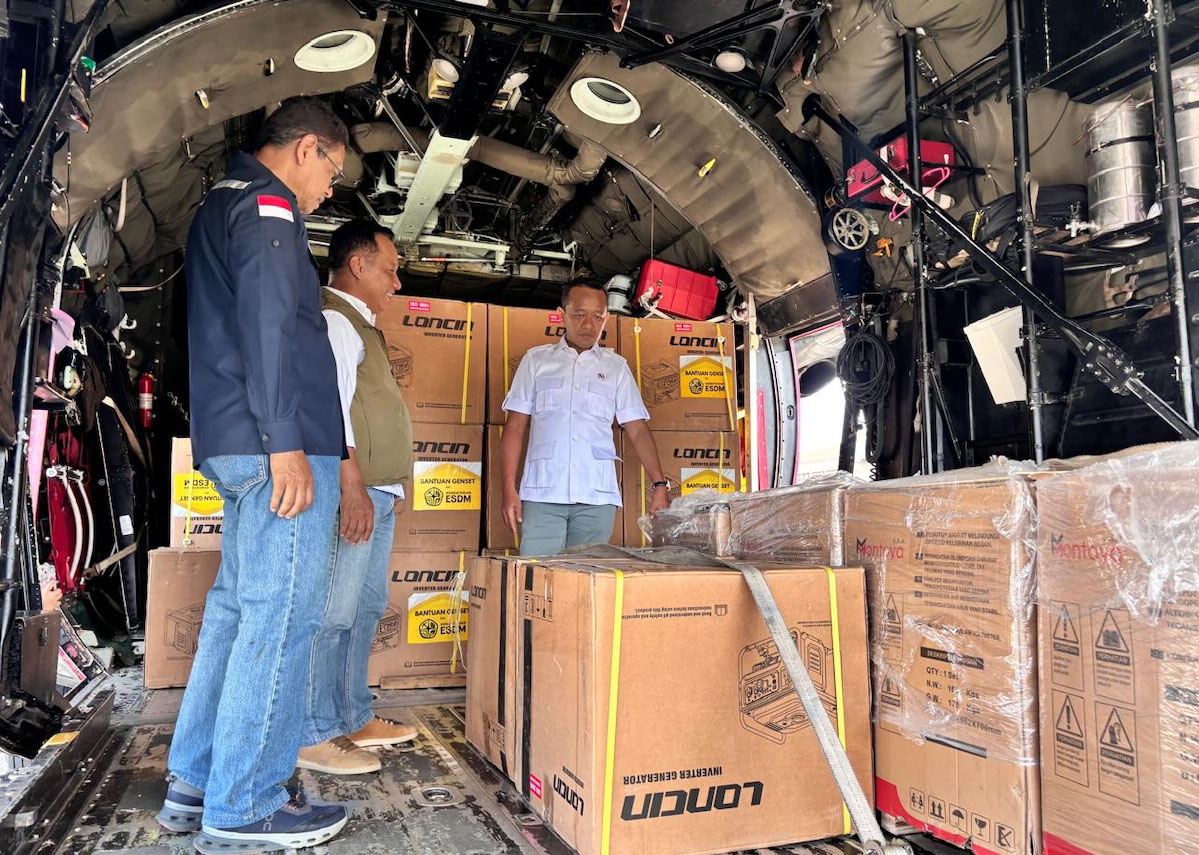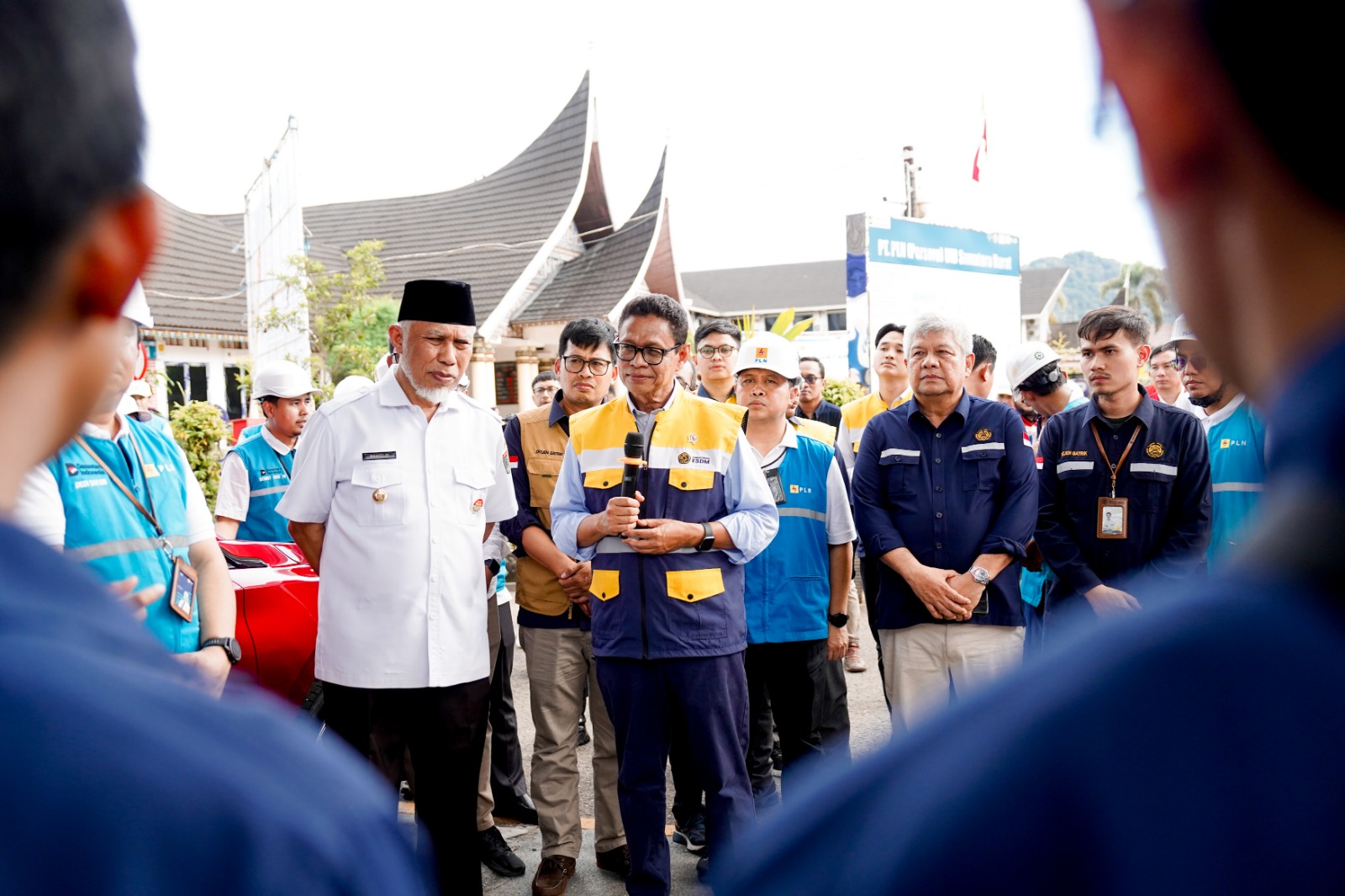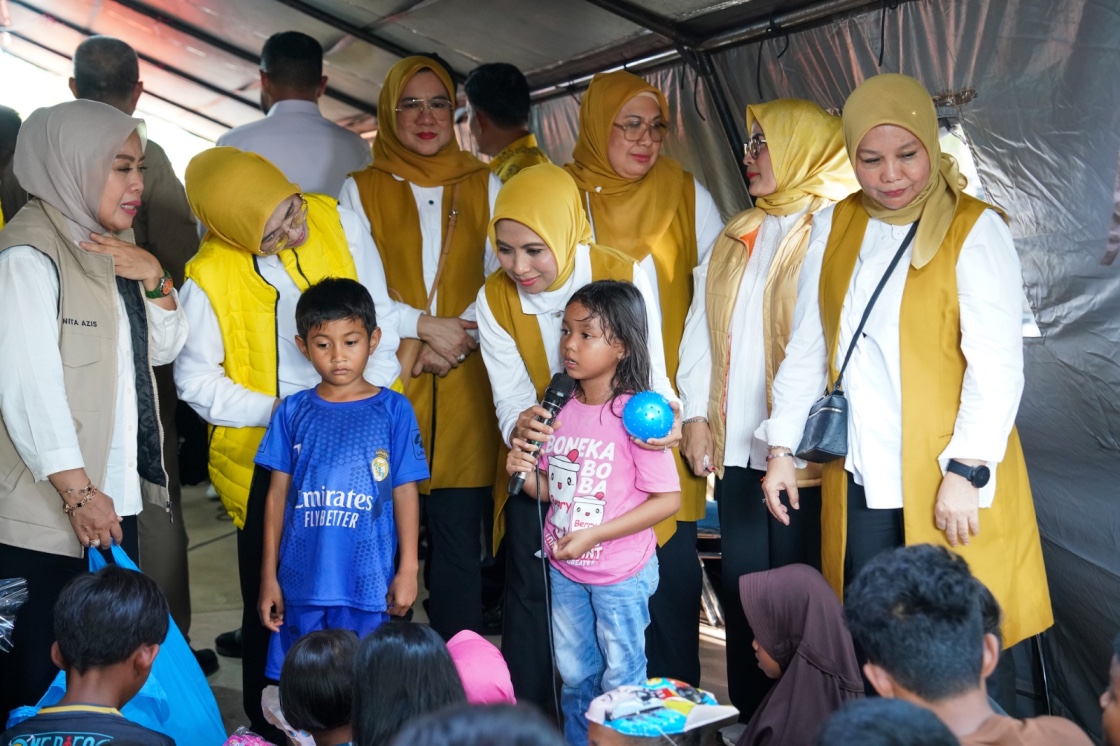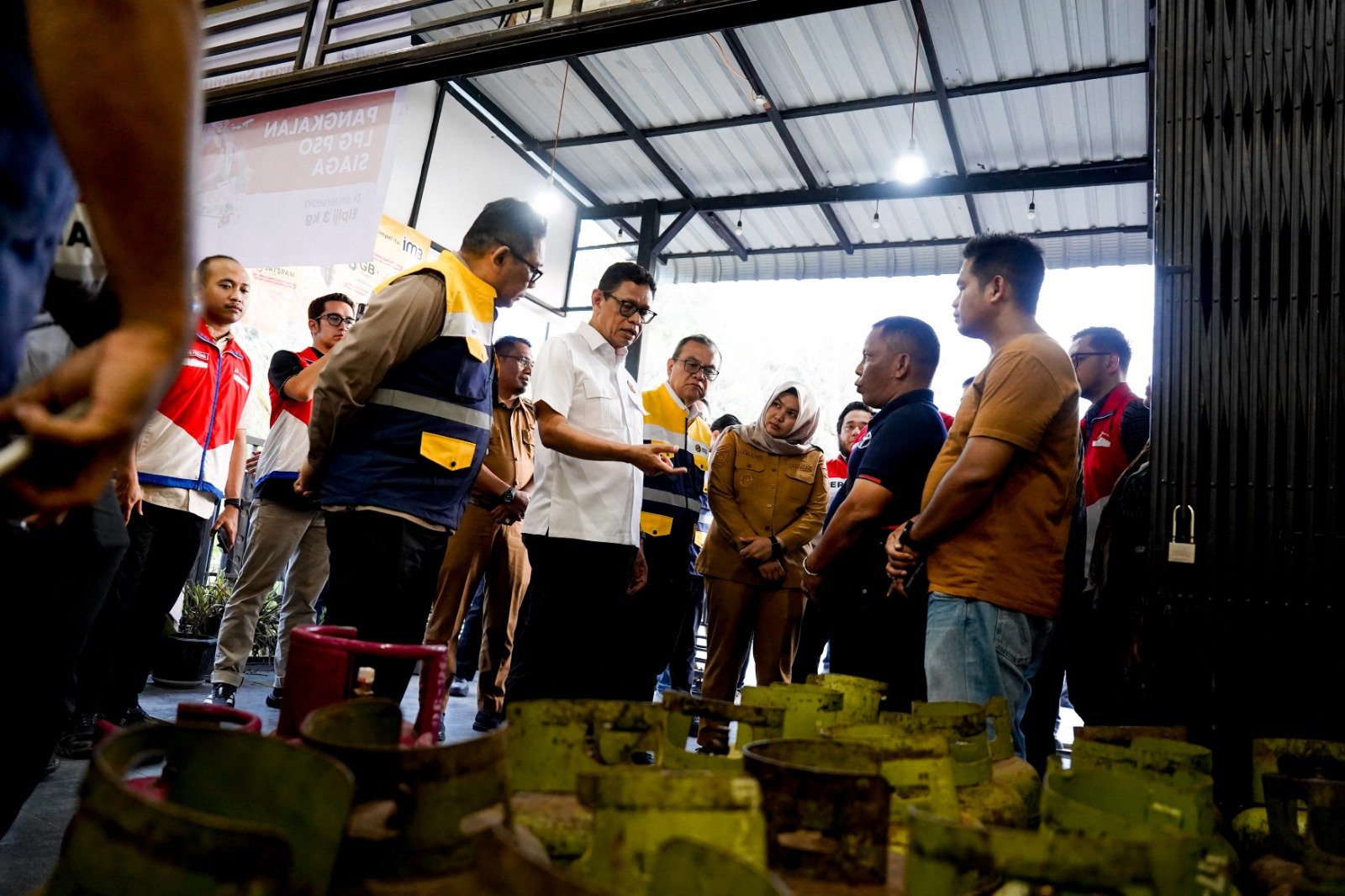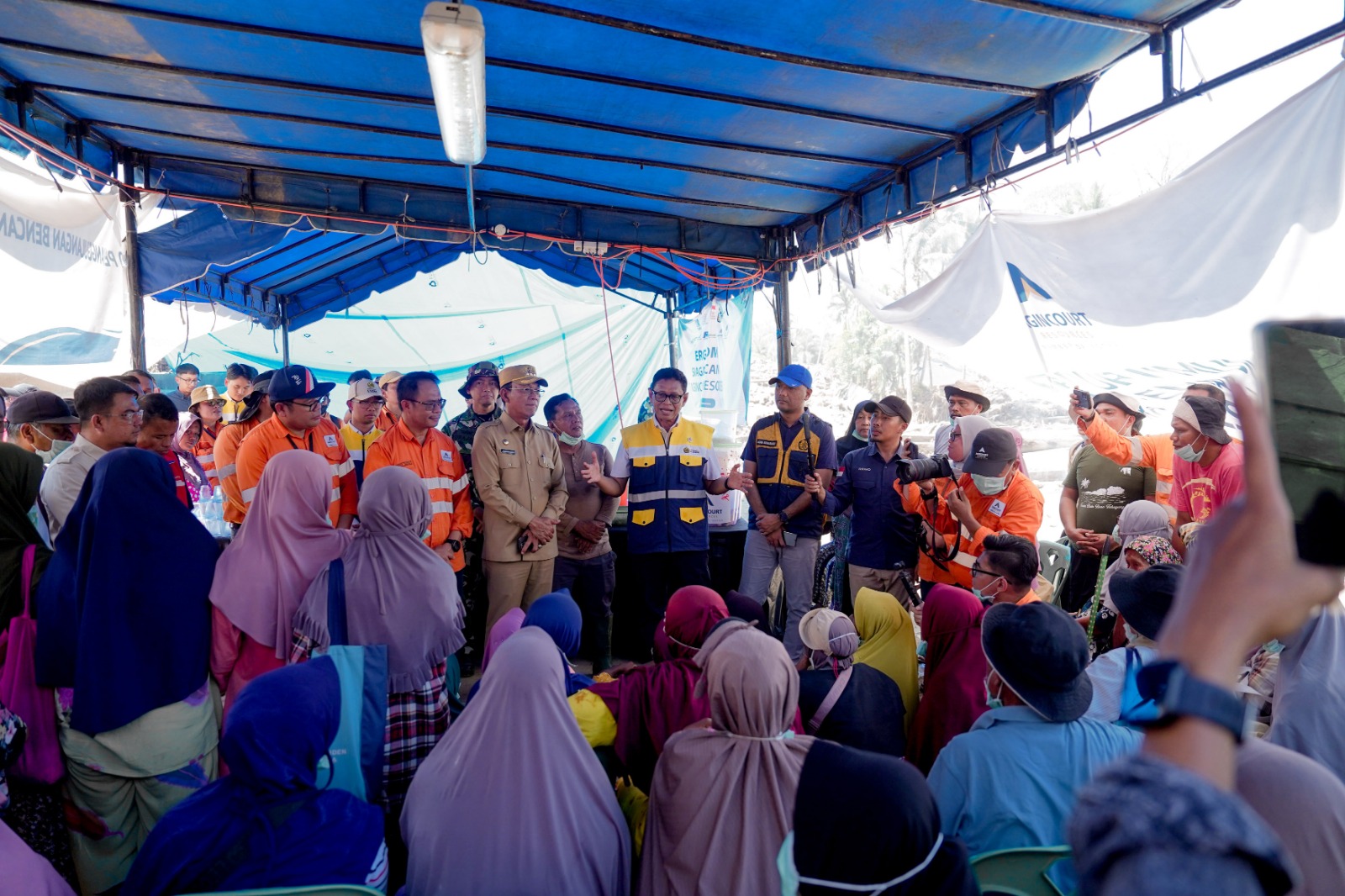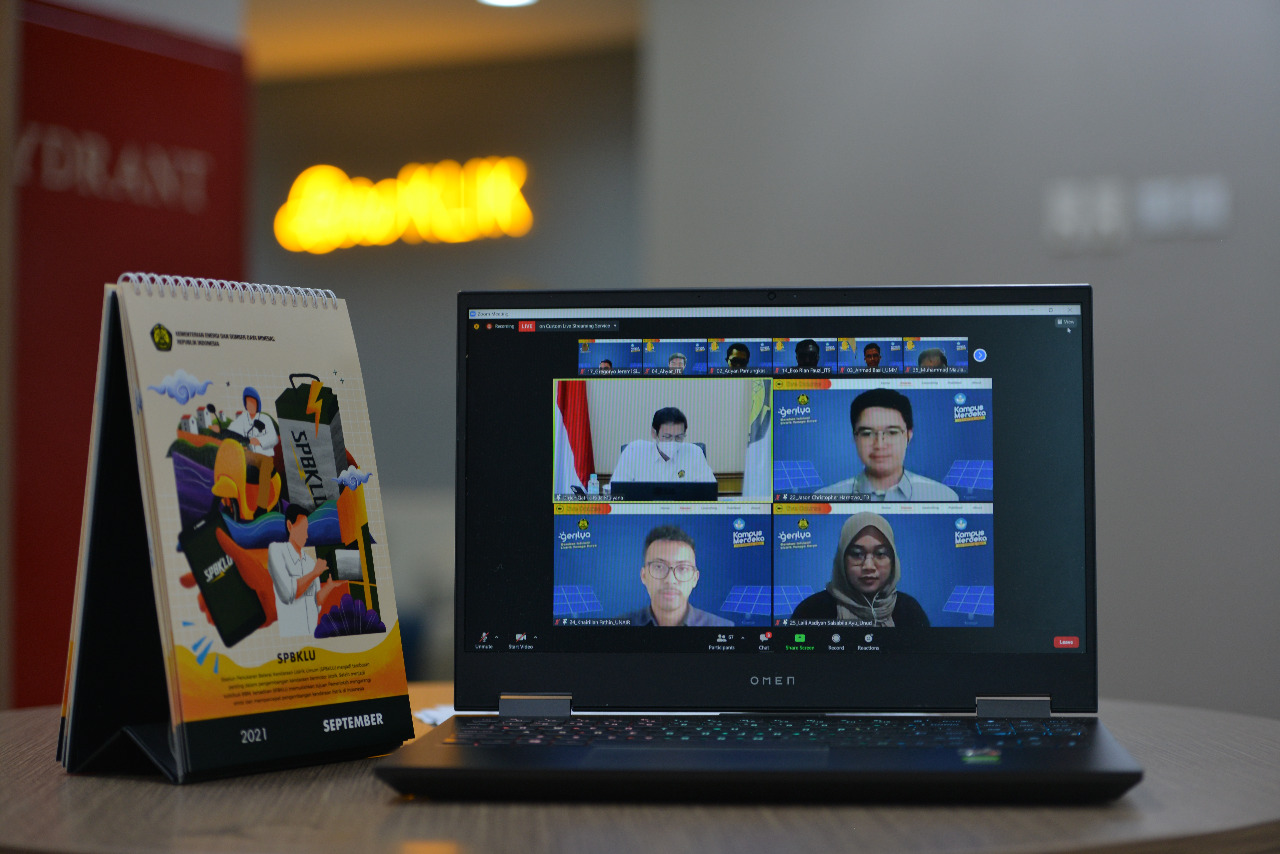
Rooftop Solar Tariffs will be More Competitive, Says Director General
MINISTRY OF ENERGY AND MINERAL RESOURCES
REPUBLIC OF INDONESIA
PRESS RELEASE
NUMBER: 340.Pers/04/SJI/2021
Date: 23 September 2021
Rooftop Solar Tariffs will be More Competitive, Says Director General
I'm sure the electricity tariffs from rooftop solar in the future will be able to compete with those from other sources of energy, Director General of Electricity of the Ministry of Energy and Mineral Resources (EMR), Rida Mulyana, has said during a virtual public lecture titled 'Electricity Tariffs and Subsidies' to the participants of the MBKM Gerilya (Freedom to Learn, Independent Campus of the Solar Power Initiative Movement) on Tuesday (21/9). Moreover, the trend is that new, renewable energy technologies are becoming more efficient and more massive so that they will be increasingly cheaper, continued Rida.
The development of solar photovoltaic technologies must be combined with that of battery technologies. "Battery is used as storage; (development should) include research on hydrogen as an energy carrier, too," said Rida.
Rida said that research had shown rooftop solar will be able to defeat coal-fired power plants as battery technologies advances in 2028. "This is something I am confident of. Therefore, research is necessary, and it is an investment for the future, not a cost for the present," Rida explained.
The government has also improved the regulation on rooftop solar, namely through Regulation of Minister of EMR Number 49 of 2018 on the Use of Rooftop Solar Power Systems by Consumers of PT PLN. "The spirit of the rooftop solar regulation is savings and promoting the use of new, renewable energy," said Rida.
Rida went on to explain that the Indonesian government applied several principles in providing electrical power, known as the 5K principles. The first principle is Kecukupan (adequacy), which refers to the implementation of the national electricity planning, the second principle is Keandalan (reliability) which is the use of efficient technologies at power plants, and the third is Keberlanjutan (sustainability), that is, the use of new, renewable energy or the installation of solar power systems at other types of power plants. The next principle is Keterjangkauan (affordability), which means that the government makes every effort to make the electricity tariffs competitive for the public, and the last principle is Keadilan (equitability), referring to equal access to electricity by raising the electrification ratio. "Our daily work at Directorate General of Electricity is to make sure that we stand by these five principles," Rida concluded. (IY)
Head of Bureau of Communication, Public Information Services, and Cooperation
Agung
Pribadi (08112213555)
Share This!

